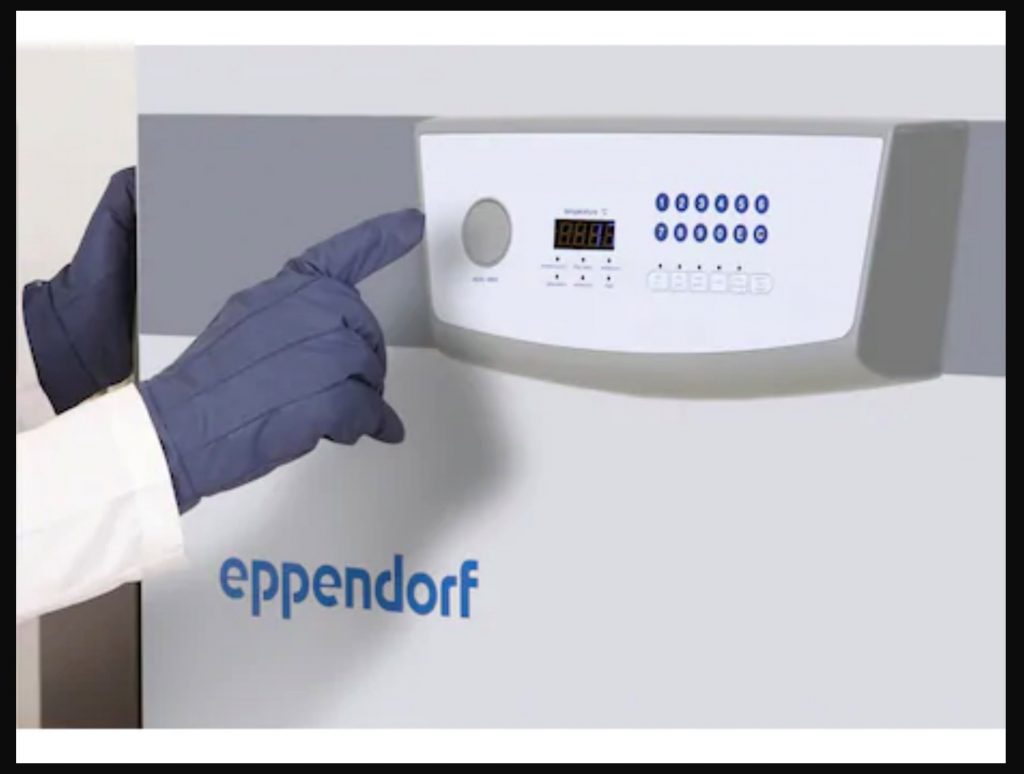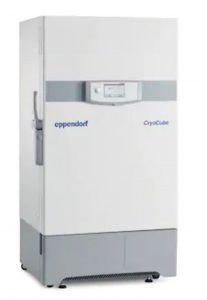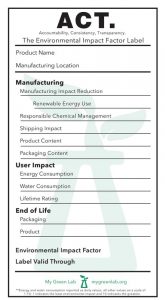
Laboratories are one of the next major frontiers in sustainability. Laboratories consume as much as five times more energy per square foot than typical offices, and the opportunity for energy reduction is enormous.
While the combination of energy-intensive equipment, round-the-clock operations, and unique ventilation requirements do pose a challenge when looking at reducing a lab’s footprint, there are indeed steps to take to reduce the current consumption. In the past, research facilities have offered disproportionate opportunities for water conservation, waste reduction, and more sustainable selection of reagents and process equipment.
But as the nation, and the world, take steps to make everything from energy sources to everyday items more environmentally friendly, laboratories are following suit. One organization on the forefront of this movement is My Green Lab, a nonprofit formed to unify and lead scientists, vendors, designers, energy providers, and others in a common drive toward a world in which all research reflects the highest standards of social and environmental responsibility.
Here is a roundup of some items and resources that can be used by labs who want to focus on laboratory sustainability.
Eppendorf CyroCube F740 Air-Cooled Freezer

MilliporeSigma DOZN

www.sigmaaldrich.com/united-states.html

One of the most straightforward ways to ensure laboratory products are more environmentally friendly is to purchase items that contain the ACT label, an eco-nutrition label for lab products, including consumables, chemicals, and equipment. Some products containing the ACT label include Miele Laboratory Glassware Washer, PG8583 and the Priorclave 320L Autoclave: Non-Vacuum Cycle.
Creating a culture of sustainability through science is possible and with growing resources available, it is our hope that labs continue to drive toward a world in which all research reflects the highest standards of social and environmental responsibility.

